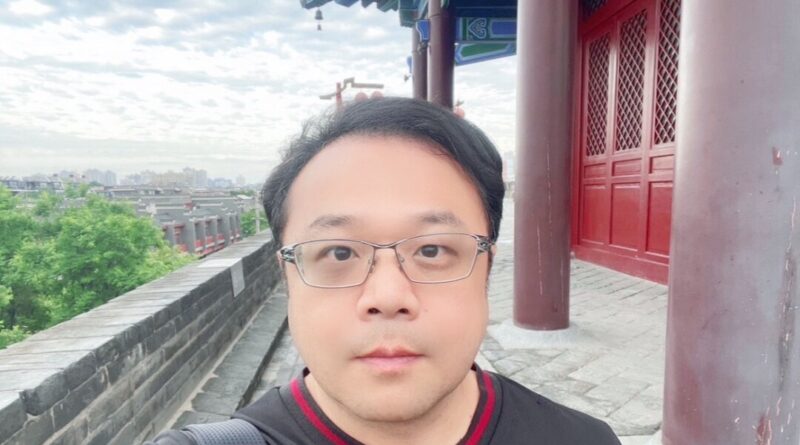Imprisoned Activist in China Calls for Tariffs to Enhance Human Rights Conditions
Morrison Li asserted that economic strategies could pressure the Chinese communist regime to free prisoners of conscience.
Morrison Li, a Taiwanese national previously imprisoned by the Chinese Communist Party (CCP), has appealed to U.S. President-elect Donald Trump to leverage tariffs as a means to urge the CCP to enhance human rights in China.
During his presidential campaign, Trump stated his plan to implement tariffs of up to 60 percent on goods imported from China.
“Trump can utilize customs duties to retaliate in the economic conflict with China, potentially facilitating the release of some pro-democracy advocates from prison,” Li commented.
Li, who holds a master’s degree in business administration from Long Island University, mentioned that economic measures could compel the CCP to liberate democracy and human rights defenders from confinement. He considers the United States his second home, viewing it as a symbol of freedom and democracy.
At that time, Mr. Li was employed by a Taiwanese tech firm and was in Shenzhen for a business engagement. His trip coincided with the peak of Hong Kong’s anti-extradition protests. From his hotel window, he allegedly captured images of armed police assembling at the Shenzhen-Hong Kong border.
These photographs were found during a border inspection as Mr. Li was attempting to exit China, resulting in his arrest. He was sentenced to a prison term of one year and ten months, along with an additional two-year suspension of political rights. Li managed to leave China in July 2023.
After his release in 2021, Mr. Li was compelled to remain in mainland China to fulfill his two-year suspension of political rights, enduring nearly four years of confinement and limitations before departing.
During his time in China, Mr. Li became more engaged in civil rights initiatives. He shared with The Epoch Times that he met notable human rights attorney Yu Wensheng during this period.
On April 13, 2023, Yu and his spouse, Xu Yan, were apprehended by authorities while headed to a meeting with the European Union’s Ambassador to China in Beijing. Subsequently, they were charged with “picking quarrels and provoking trouble.” On October 29, Yu received a three-year prison sentence, while his wife was sentenced to one year and nine months.
On November 28, Mr. Li presented a lecture at National Tsing Hua University in Taiwan titled “What TikTok and Xiaohongshu Won’t Reveal: Civil Movements and Human Rights Progress in Greater China.” In his speech, he reflected on, analyzed, and forecasted the future of human rights movements in China and Hong Kong.
Both TikTok and Xiaohongshu are social media platforms based in China.
In his remarks, Li noted that civil society in China and Hong Kong has experienced cycles of growth, prosperity, and suppression over the past several decades. He emphasized that the CCP cannot tolerate robust, interconnected, and active civil societies, as they pose a threat to its authority.
Li also stressed that Taiwanese people must be aware of the risks inherent in believing the CCP’s “one country, two systems” narrative. He warned that it is untenable to uphold both democratic and authoritarian frameworks within the same nation, using Hong Kong as a cautionary example of how a vibrant democracy can be eroded by CCP authoritarian practices.




